2017: Year in review
Notable papers in autism research in 2017
This year’s list of top papers highlights nuances in the genetics of autism and new leads on early treatment.
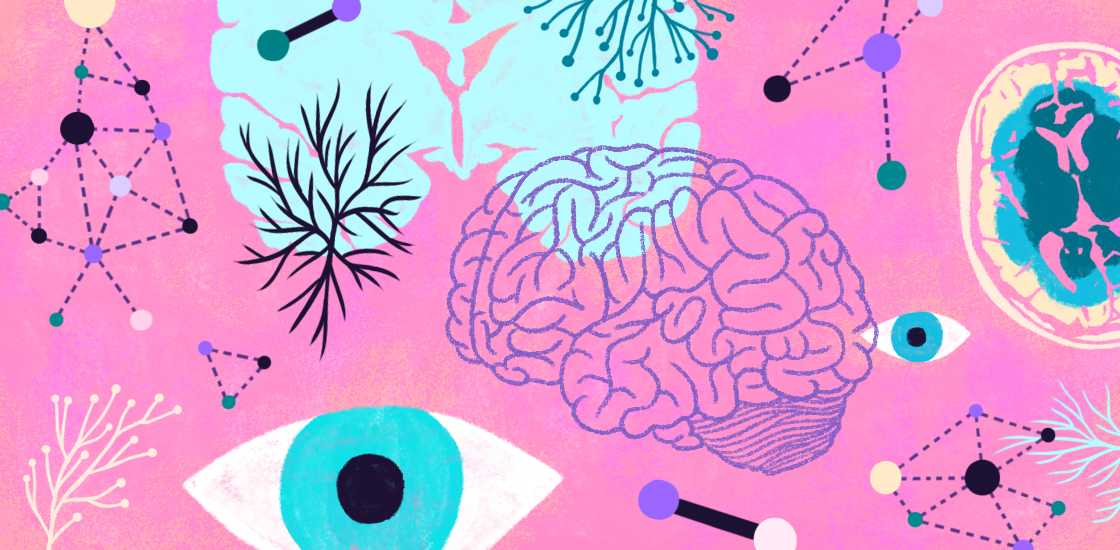
Notable papers in autism research in 2017
This year’s list of top papers highlights nuances in the genetics of autism and new leads on early treatment.
For autism research pioneers, early work paved path to success
We asked three distinguished autism researchers to reflect on their first studies in the field.
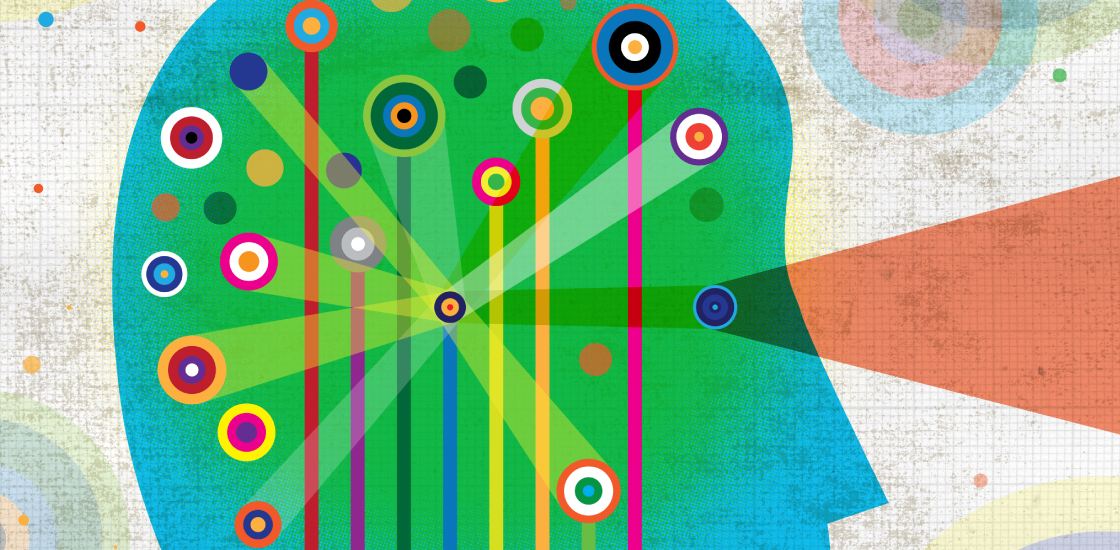
For autism research pioneers, early work paved path to success
We asked three distinguished autism researchers to reflect on their first studies in the field.
From people with autism, lessons for scientists on love, compassion
People with autism teach researchers about compassion, honesty, love — and the joys of the holidays.

From people with autism, lessons for scientists on love, compassion
People with autism teach researchers about compassion, honesty, love — and the joys of the holidays.
2017’s spectrum of autism stories
2017 was the year we at Spectrum committed to being open — to new ideas, new types of stories, new ways of telling them and new ways to reach you, our audience.
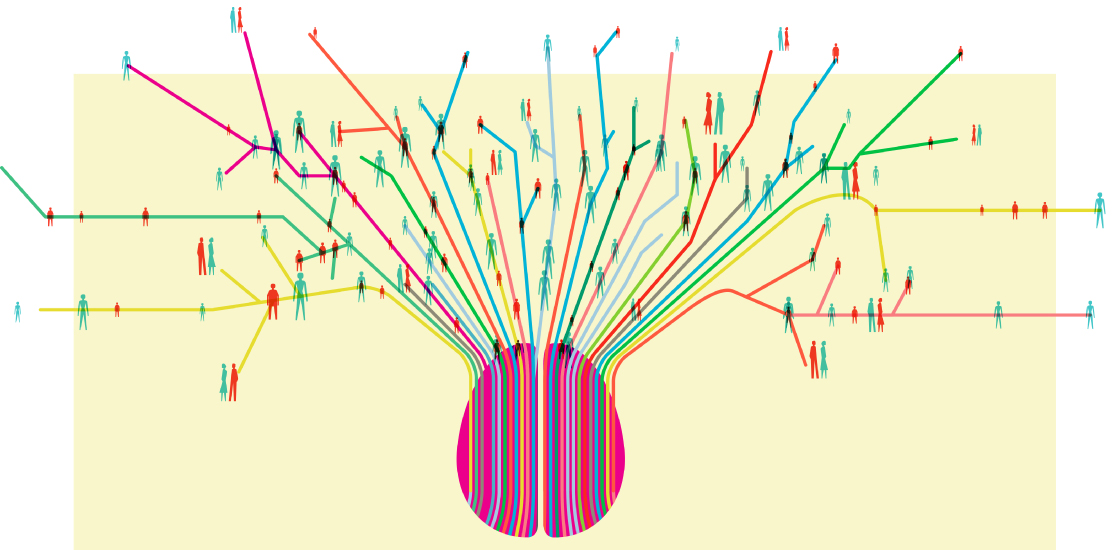
2017’s spectrum of autism stories
2017 was the year we at Spectrum committed to being open — to new ideas, new types of stories, new ways of telling them and new ways to reach you, our audience.
2017 in pictures: Spectrum’s picks for best images
We asked autism researchers to enter the Spectrum science image contest. Here are the top pics.
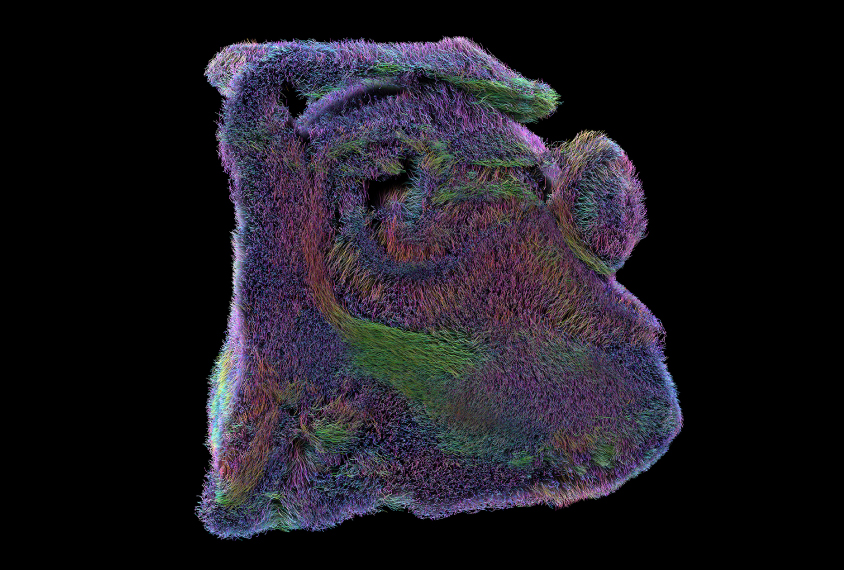
2017 in pictures: Spectrum’s picks for best images
We asked autism researchers to enter the Spectrum science image contest. Here are the top pics.
Inside Scoop From the Autism Anchors: Year in review
Our autism anchors, Raphael Bernier and James Mancini, nominate candidates for the hottest topic in autism research in 2017.
Inside Scoop From the Autism Anchors: Year in review
Our autism anchors, Raphael Bernier and James Mancini, nominate candidates for the hottest topic in autism research in 2017.
Quotes of the year
Our favorite quotes from articles we published this year cover James Bond, mean girls and scientific breakthroughs.
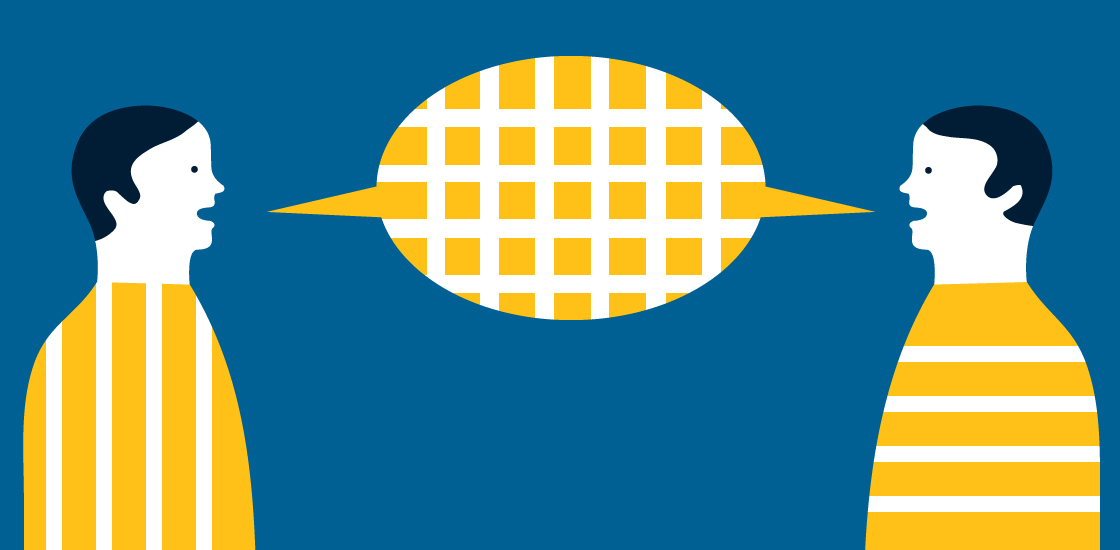
Quotes of the year
Our favorite quotes from articles we published this year cover James Bond, mean girls and scientific breakthroughs.
Five hot topics in autism research in 2017
We waded through the sea of autism studies published in 2017 and spotted several themes.
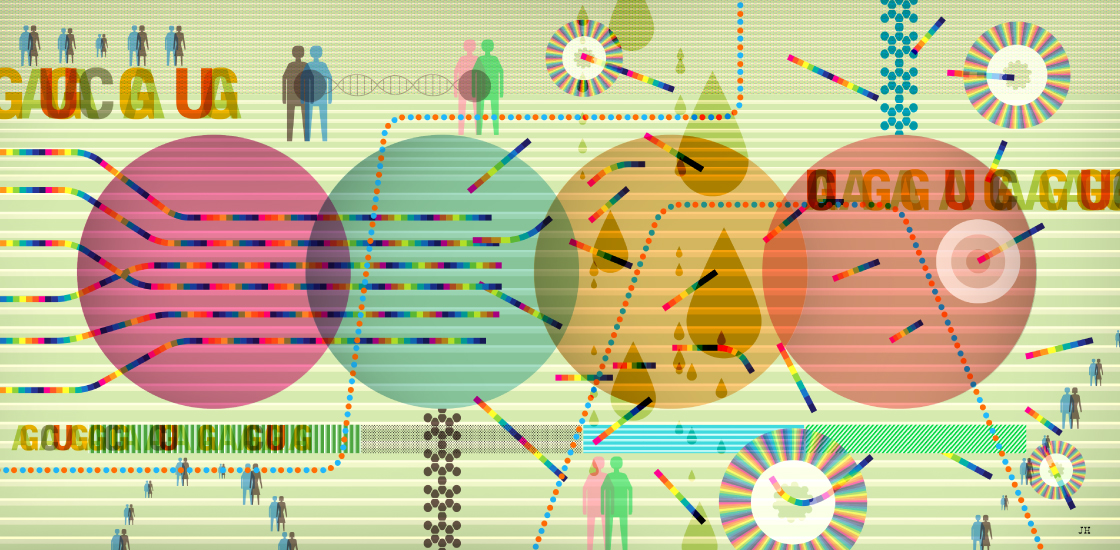
Five hot topics in autism research in 2017
We waded through the sea of autism studies published in 2017 and spotted several themes.
New York program transports children with autism to their passion
In a New York City after-school program, children with autism build social skills through a shared interest in trains.

New York program transports children with autism to their passion
In a New York City after-school program, children with autism build social skills through a shared interest in trains.
2017: The year in tweets
In 2017, autism scientists took to Twitter to express their thoughts on immigration, healthcare policy, education leadership, proposed funding cuts and Brexit.
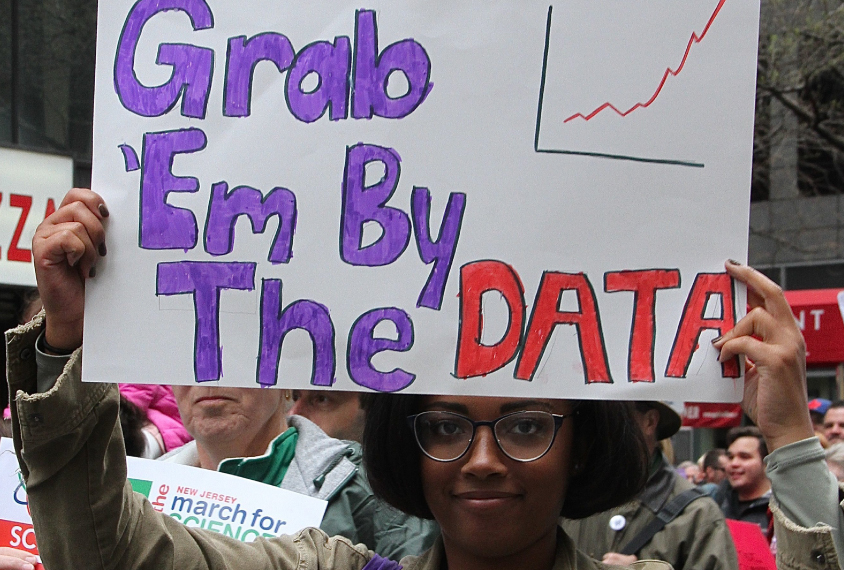
2017: The year in tweets
In 2017, autism scientists took to Twitter to express their thoughts on immigration, healthcare policy, education leadership, proposed funding cuts and Brexit.
Explore more from The Transmitter
New connectomes fly beyond the brain
Researchers are mapping the neurons in Drosophila’s ventral nerve cord, where the central nervous system meets the rest of the body.

New connectomes fly beyond the brain
Researchers are mapping the neurons in Drosophila’s ventral nerve cord, where the central nervous system meets the rest of the body.
Building an autism research registry: Q&A with Tony Charman
A purpose-built database of participants who have shared genomic and behavioral data could give clinical trials a boost, Charman says.

Building an autism research registry: Q&A with Tony Charman
A purpose-built database of participants who have shared genomic and behavioral data could give clinical trials a boost, Charman says.
Cerebellar circuit may convert expected pain relief into real thing
The newly identified circuit taps into the brain’s opioid system to provide a top-down form of pain relief.

Cerebellar circuit may convert expected pain relief into real thing
The newly identified circuit taps into the brain’s opioid system to provide a top-down form of pain relief.